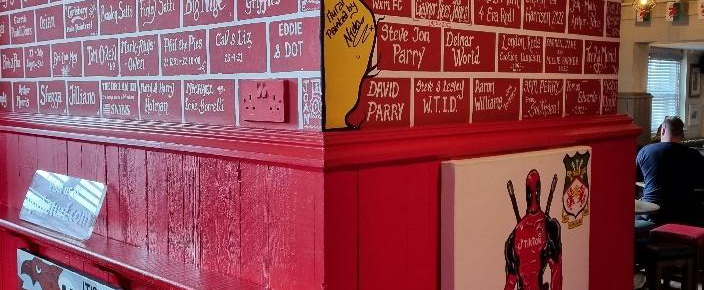The Simultaneous Dawning and Twilight of Broadcast Network Narrative
by: Craig Jacobsen / Mesa Community College
It isn’t hard to imagine a future in which broadcasting serves the role of advertising and secondary revenue stream for the primary medium: complete seasons of episodes packed for sale on DVD or for download.




